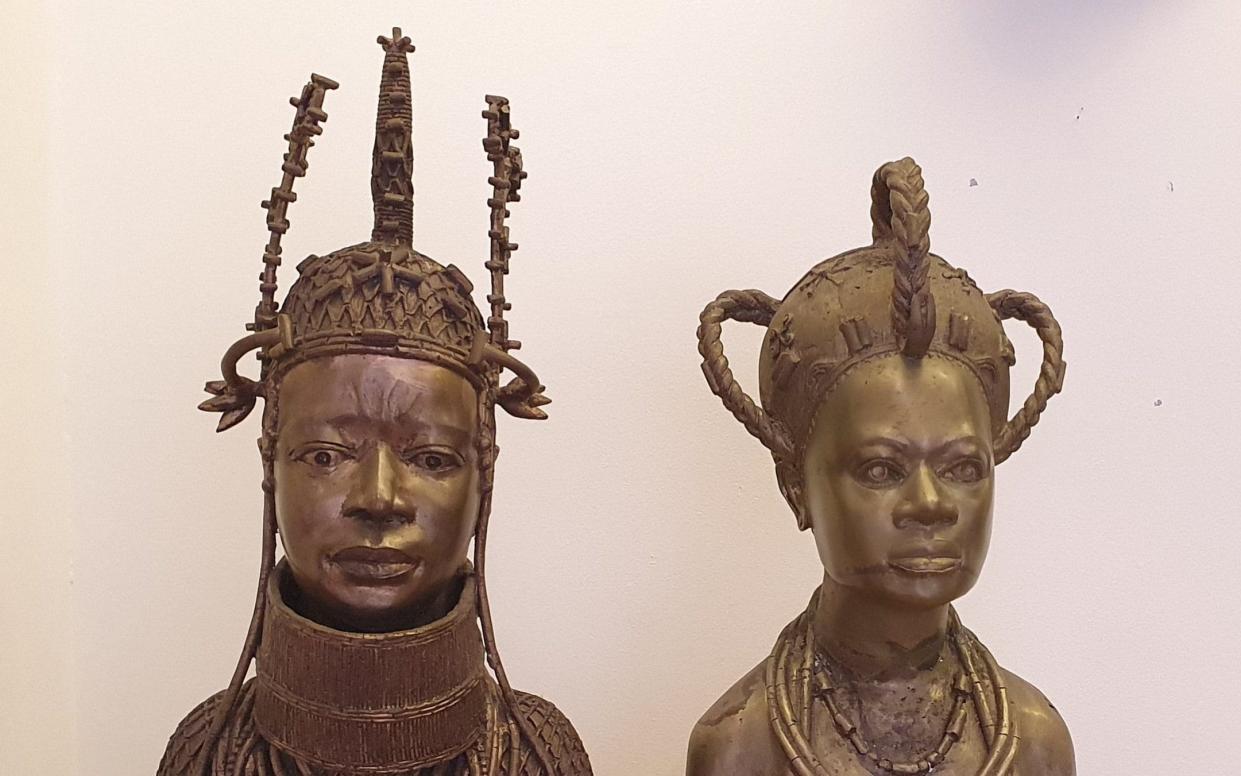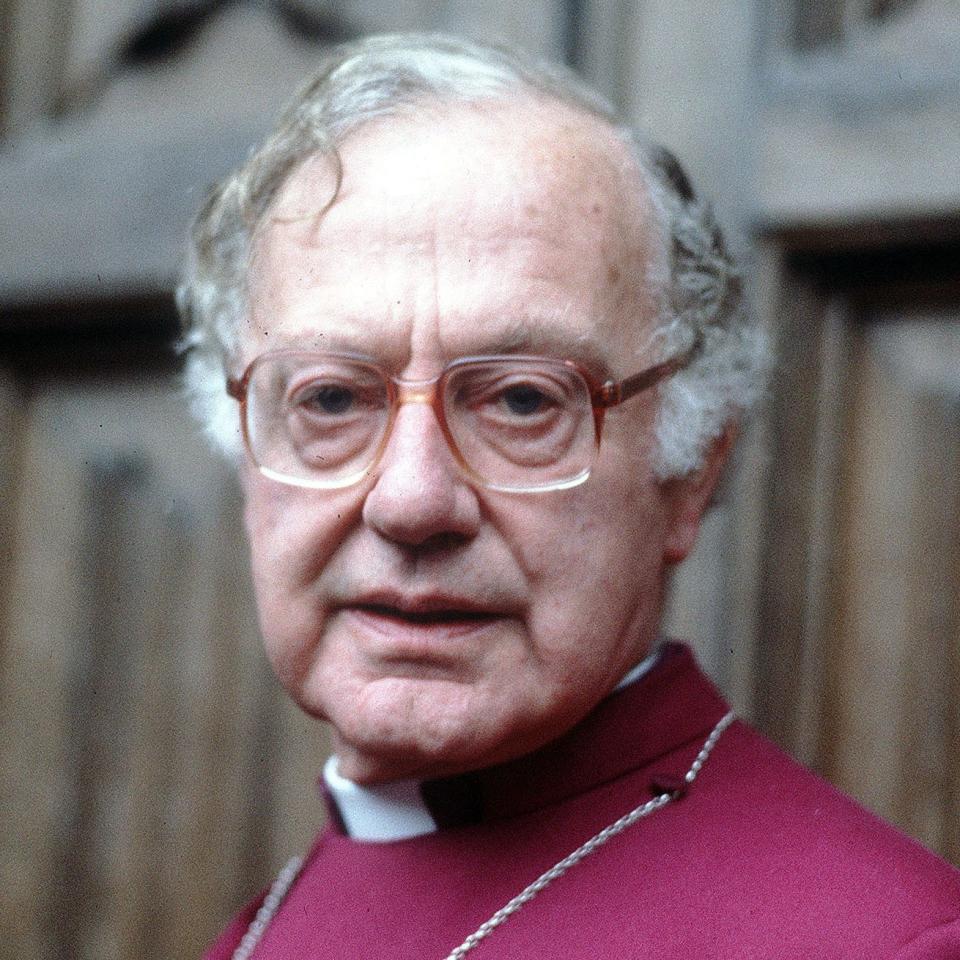'Benin Bronzes' to be repatriated by Church of England are from 1980s

- Oops!Something went wrong.Please try again later.
“Benin Bronzes” due to be repatriated by the Church of England were made in the 1980s, officials have stated.
Sculptures and plaques made for royalty in the former Kingdom of Benin and largely seized by British forces in 1897 have been the subject of renewed calls for repatriation to Nigeria following Black Lives Matter protests.
The Church of England owns two statues which were gifted to Archbishop Robert Runcie by politician Prof Ambrose F. Alli and the University of Nigeria during an Easter visit to the country in 1982.
Following a wave of repatriation pledges from UK museums, Lambeth Palace earlier this month promised to “return the bronzes” in its possession.
But the sculptures earmarked for repatriation were likely made in the 1980s and had no connection to colonial activity.
Lambeth Palace clarified: “The sculptures that we received as gifts in the 1980s are likely to be contemporary from that time.”
The Church of England has been accused of attempting to be penitent for colonialism by returning the statues amid widespread calls for repatriation, despite the sculptures being unrelated to the British imperial loot.

Prof Nigel Biggar, professor of theology at the University of Oxford, said: “Quite what would be intended by such a returning of gifts is not clear.
“Given the present context, it would appear to be an act of penitent ’decolonisation’.”
He added: “The items were not seized during the colonial period, indeed, they were not seized at all.
“They were made in the 1980s and have nothing to do with the controversial ‘Benin Bronzes’.”
Lambeth Palace said that after being contacted by campaigners calling for the Benin Bronzes to be repatriated, it was decided to hand over the statues as a “gesture of goodwill”, and "good faith" talks are ongoing with Nigeria’s Legacy Restoration Trust to facilitate their return.
A statement said: “We have offered for the two busts to be included in the Digital Benin project and eventually, returned to our friends in Edo, Nigeria, where they may remain.”
It is understood campaigners were interested in the two statues regardless of their age.
The late Prof Alli gave one statues on behalf of the people he represented in Bendel State, encompassing the territory of the former Kingdom of Benin, and the other was given to Archbishop Runcie by the University of Nigeria in Nuskka.
The objects may end up back in Nigeria at the planned Edo museum, which is being prepared to accept any plaques and statues returned to the country from the 150 museums worldwide where they are currently held.
Most of the objects known as Benin Bronzes were taken by British forces in a punitive expedition in 1897, and the British Museum holds the largest collection in the world.

